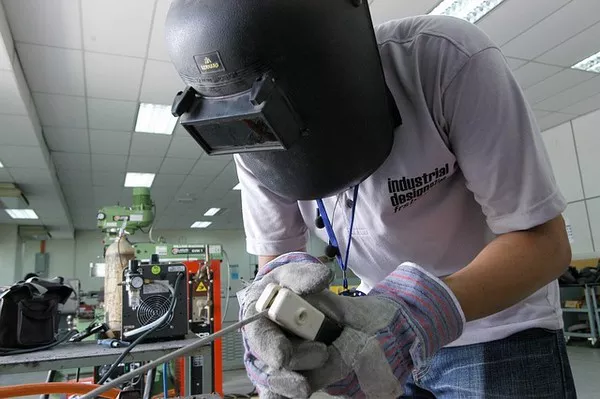Rotterdam’s Floating Farm, operational since 2019, is making waves as the world’s first floating farm, providing a unique and climate-adaptive solution to agriculture challenges. While the concept of floating farms isn’t entirely new, it has gained fresh attention as a means of addressing both food security and climate change hurdles.
The Floating Farm in Rotterdam features a three-tiered structure where cows graze on hay and consume rinds of salvaged oranges, demonstrating an innovative approach to sustainable and climate-resilient agriculture. The cows, named after three Dutch rivers, contribute to milk, cheese, and buttermilk production, and the farm incorporates advanced technology, such as automatic milking machines and robots for manure cleanup.
In Southeast Asia, organizations like the South Asian Forum for Environment are reviving traditional practices, implementing climate-resilient float farming in coastal and low-lying areas of India and Bangladesh. Bamboo rafts are designed to withstand storms, plastic coverings protect plants, and solar-powered pumps collect rainwater for irrigation. This method aids in keeping seedlings above monsoon floodwaters, ensuring food security in regions prone to flooding.
Despite the success and potential scalability of floating farms, challenges remain, including education about the technology and its adaptation in various regions. Experts emphasize that the success of floating farms will depend on local diets, stakeholder benefits, and its contribution to alleviating food poverty.
The owners of the Rotterdam Floating Farm are already expanding their venture by planning a second floating farm for vertical agriculture. This addition will focus on growing vegetables indoors, utilizing stacks of growing beds and purified water, demonstrating the adaptability of the floating farm concept.
As climate change brings about extreme weather conditions and challenges to traditional agriculture, innovative solutions like floating farms present a viable response. By embracing such approaches, cities can maintain a sustainable and climate-adaptive source of fresh, healthy food, ultimately reducing carbon footprints and ensuring food production closer to consumers.

